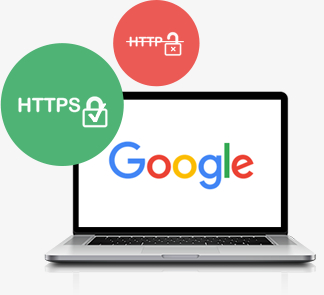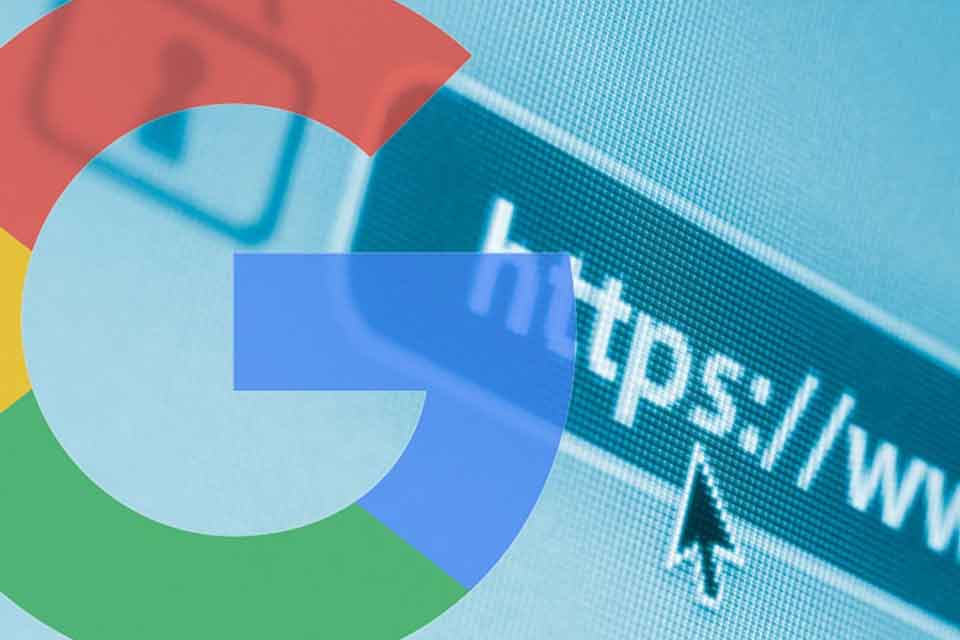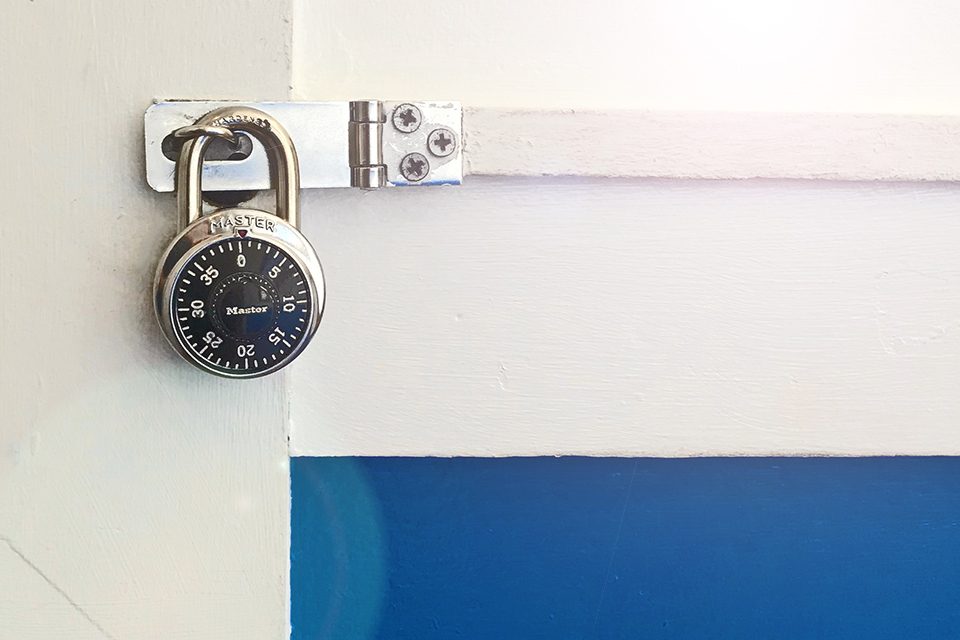
3 Ways to Create more Engagement on Twitter
September 27, 2017
Responsive Websites
November 29, 2017SSL Certificates: Why you should get one installed on your website before Google takes a shot at your rankings.
Big changes are coming from Google this weekend with October 1st being the day Google begins to flag websites without SSL (Secure Sockets Layer) certificates as non-secure and punishes sites without certificates by negatively impacting their Google ranking along with showing an unlocked padlock on Google results pages as a warning for online visitors about your site.
What are SSL certificates and why do they matter?
HTTP (HyperText Transfer Protocol) and HTTPS (HyperText Transfer Protocol Secure) are protocols, or languages, for the passing of information between web servers and clients. Although the technical side of this can get complicated, it is easiest to remember that HTTP is not a secure connection while HTTPS is a secure connection for information being passed. This is because the SSL certificate acts as a blanket of security that encrypts data being transferred on an HTTPS site, prevents eavesdropping from outside sources, protects the integrity of data to prevent corruption in transfer, and ensures communication only with the intended website. SSL certificates will change website URLS from HTTP (HyperText Transfer Protocol) to HTTPS (HyperText Transfer Protocol Secure) and protect your client or customer data being submitted through your website.

Once seen as an optional move for websites to make as an added benefit for their online presence, Google is now requiring this change to be made and is prepared to make websites feel the impact if they don’t.
Beginning October 1st, 2017, if you do not have an SSL certificate installed, Google will tell online visitors that your site is not secure and that their connection is not private, with the possibility of hackers accessing their information (including usernames and passwords, messages, and credit card information). Favouring the safe and secure sites, this change from Google will also affect your website’s Google ranking which can be a matter of success or failure for some websites and companies.
How to tell if a website is secure (HTTPS) or not (HTTP)
When a certificate is successfully installed on your server, the application protocol (also known as HTTP) will change to HTTPS. Depending on the type of certificate you purchase and what browser you are surfing the internet on, a browser will show a padlock or green bar in the browser when you visit a website that has an SSL Certificate installed.


How can ABORG help you if you don’t have an SSL certificate yet?
ABORG can assist your business avoid Google’s new SSL/HTTPS warning by generating, installing and configuring an SSL certificate on your site. Our basic SSL certificate is only $95 per year, which is a highly competitive price. We also offer options from third party companies if you have such a requirement. Should your site not already be changed to HTTPS and you are worried how Google’s warning will affect your business, please give us a call at 613-829-2229 or email us at [email protected].



